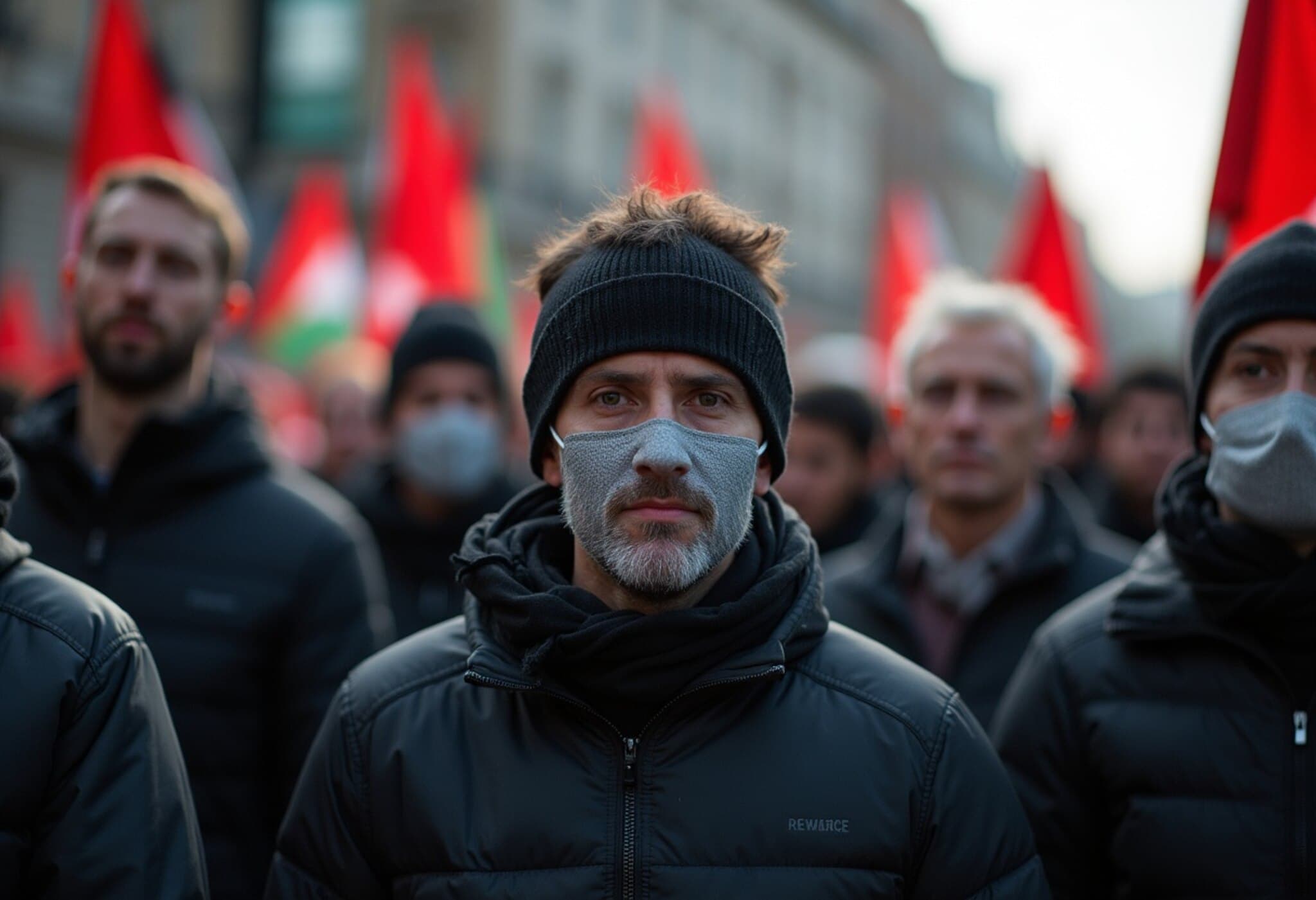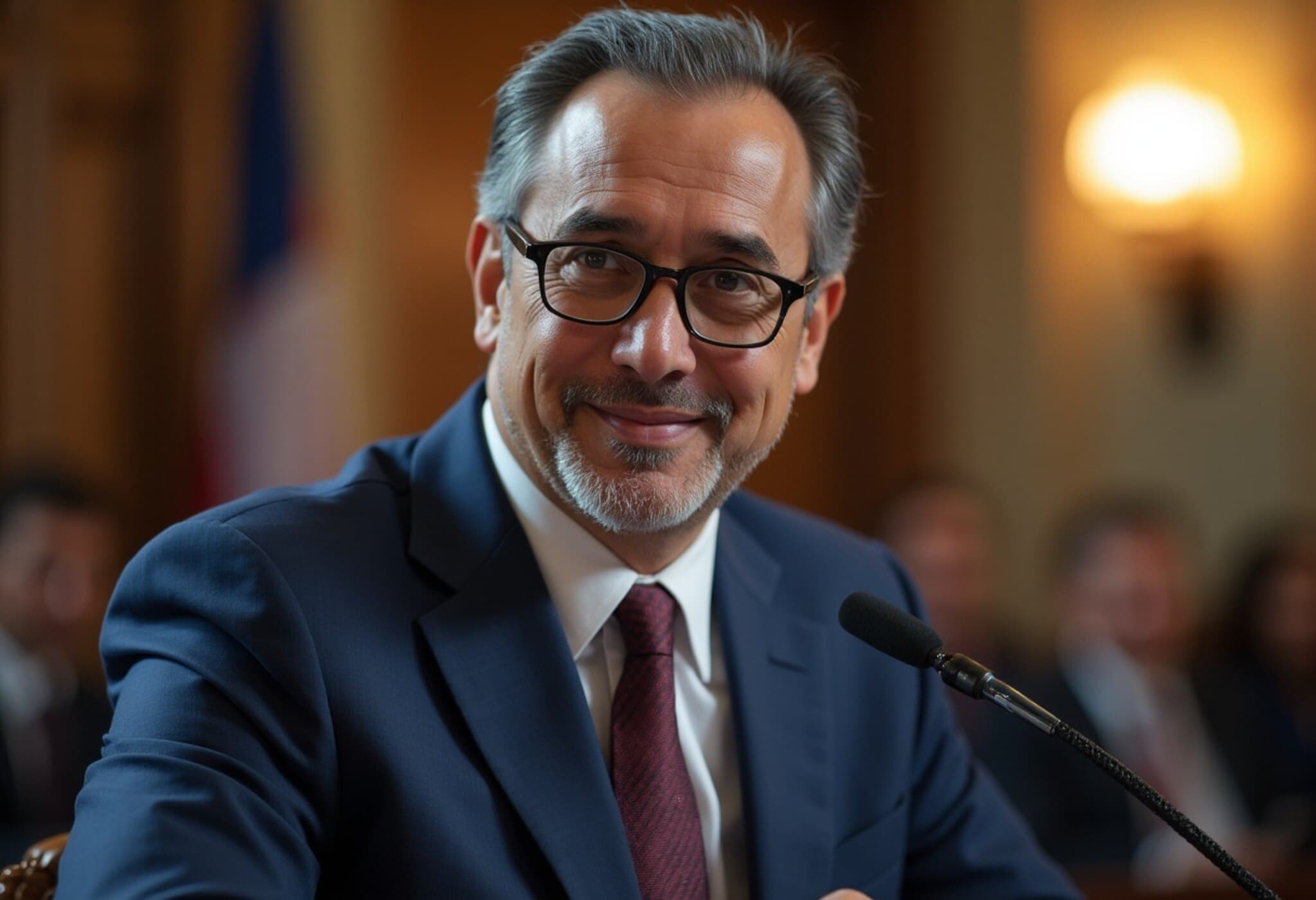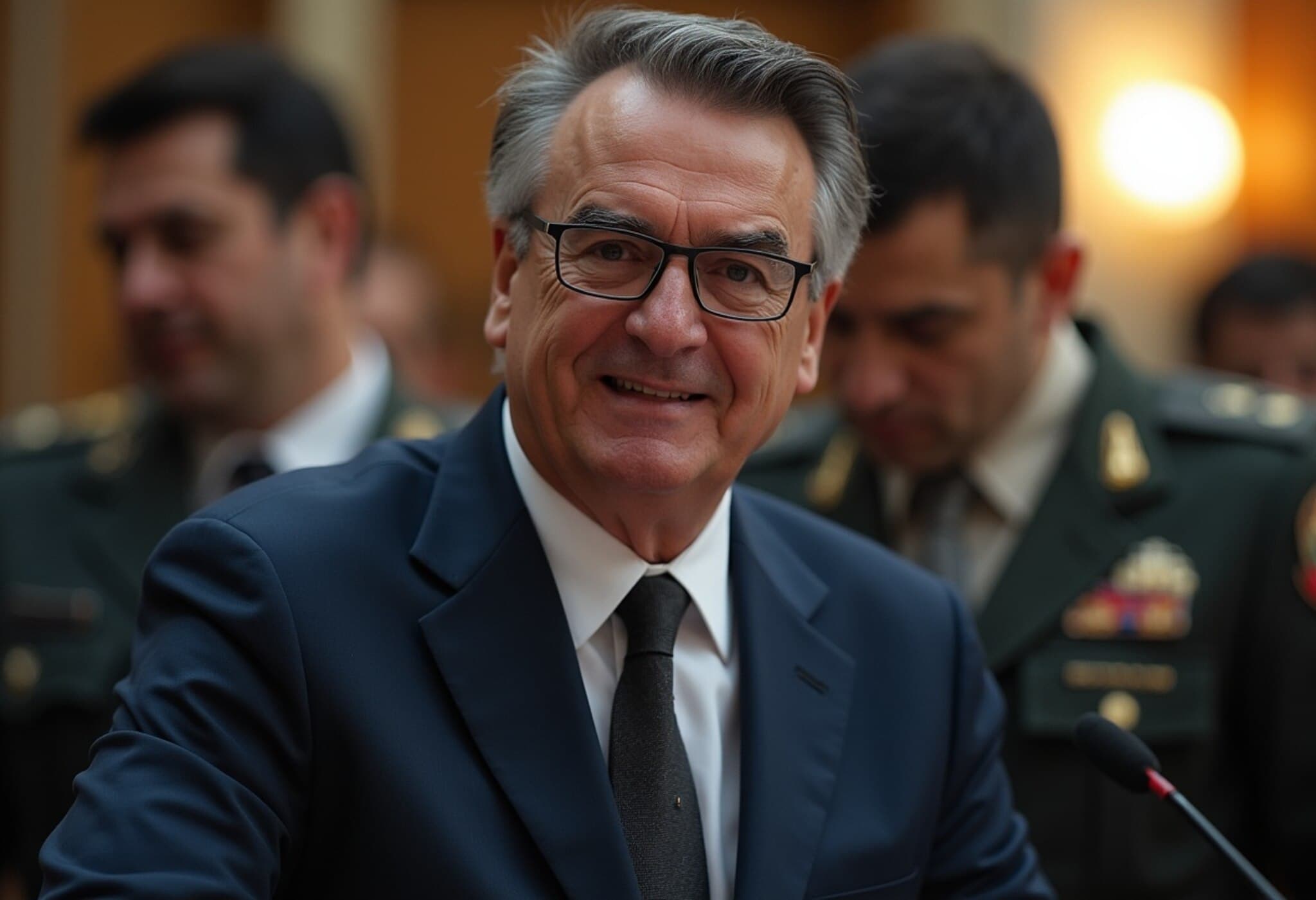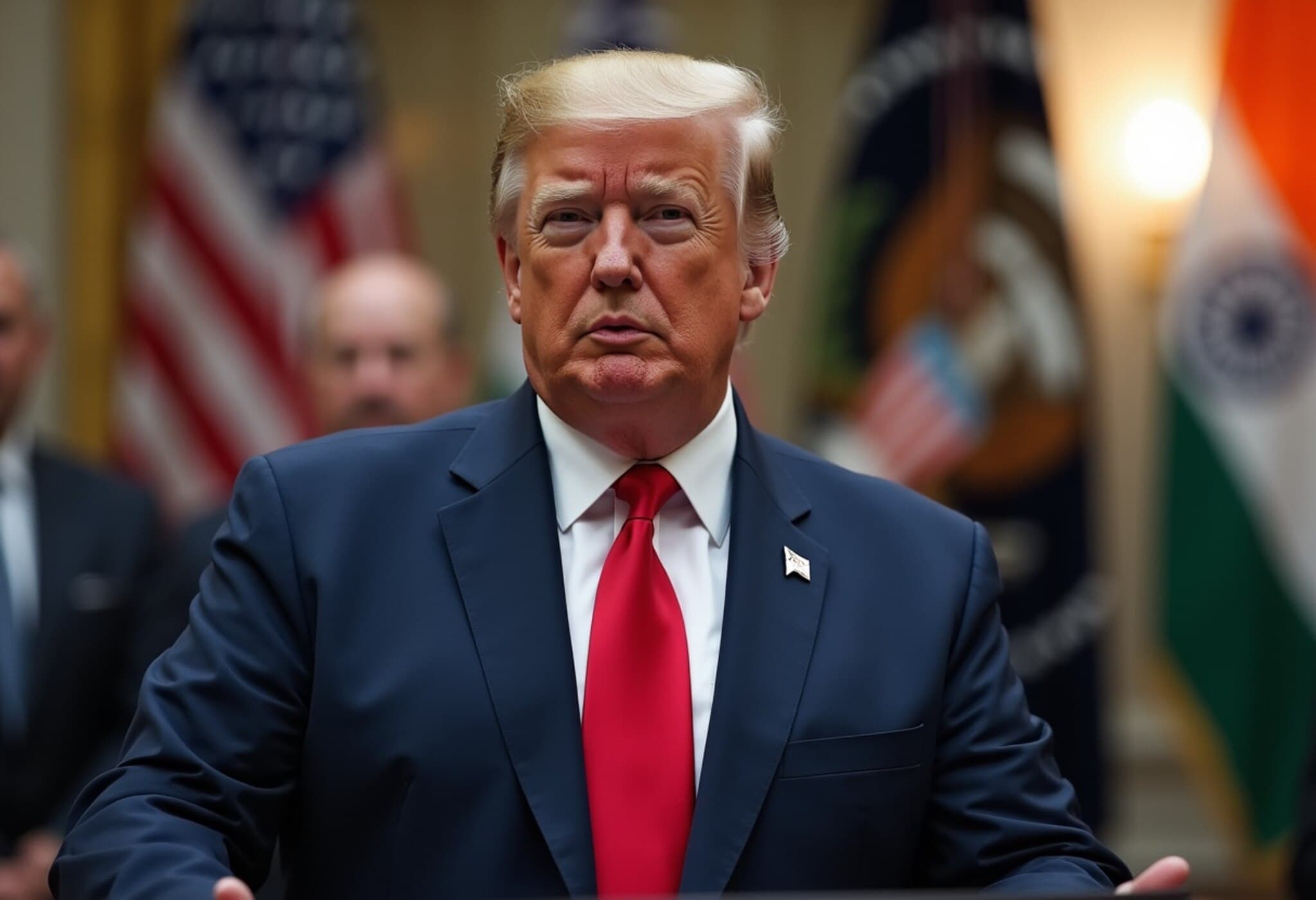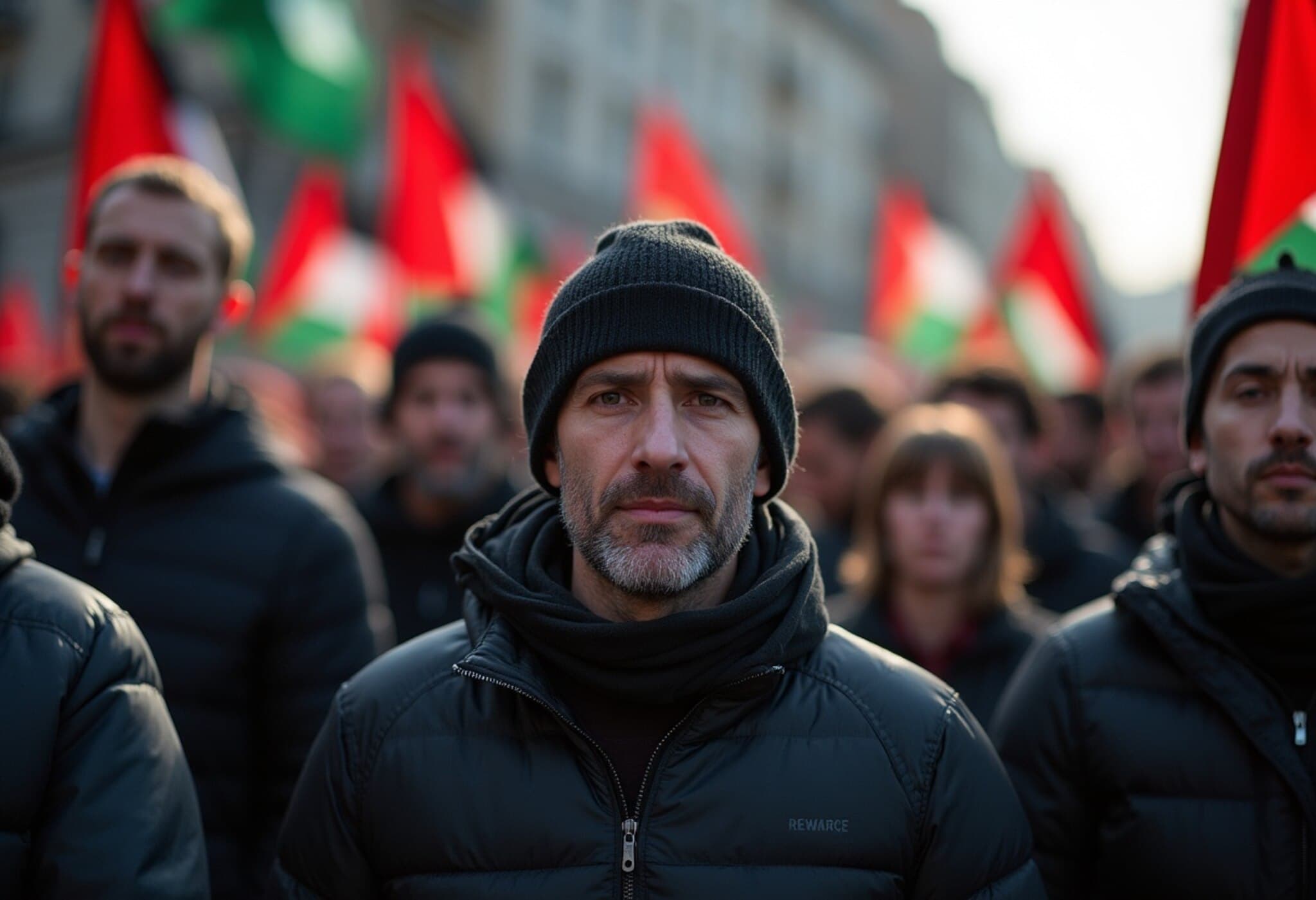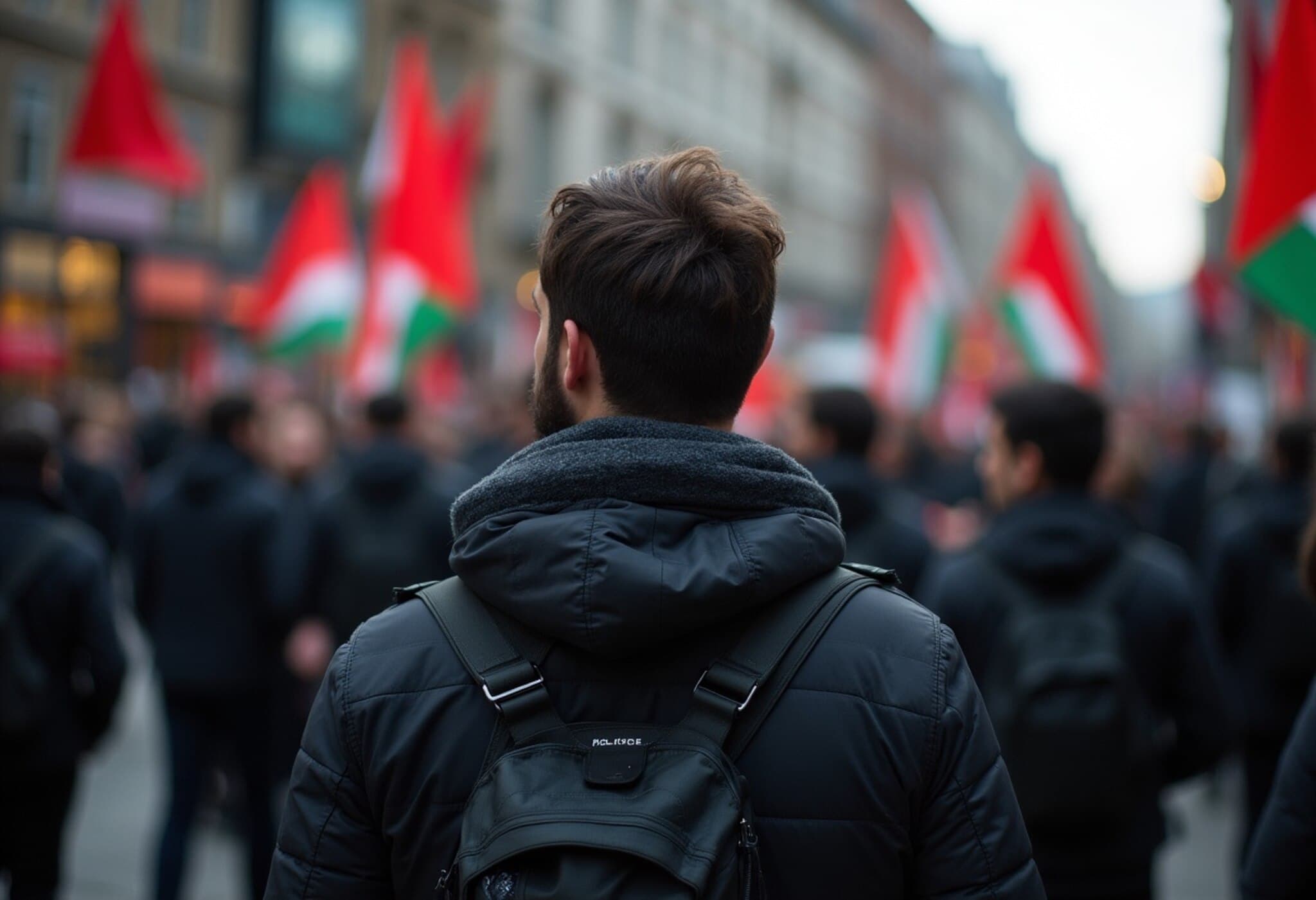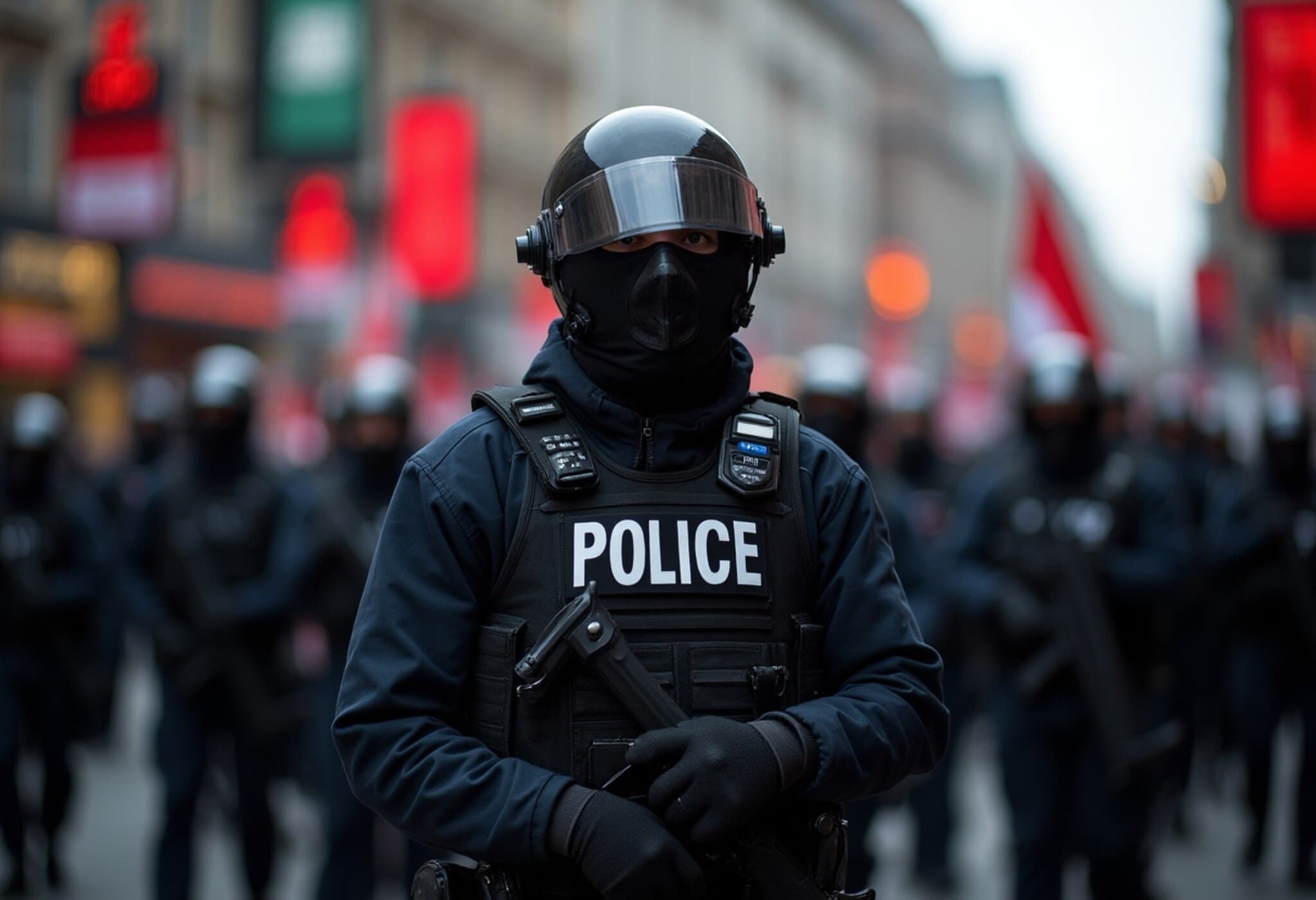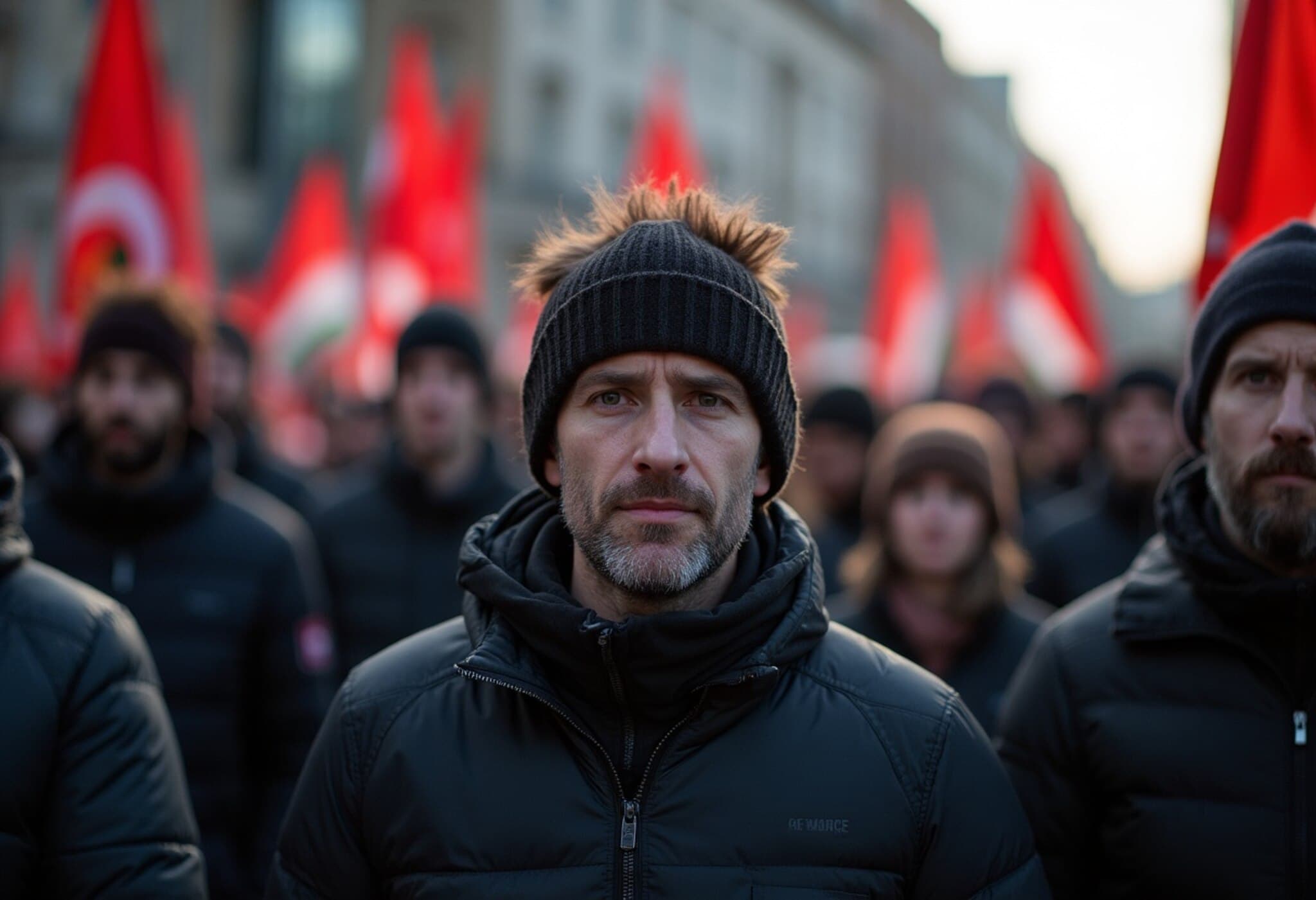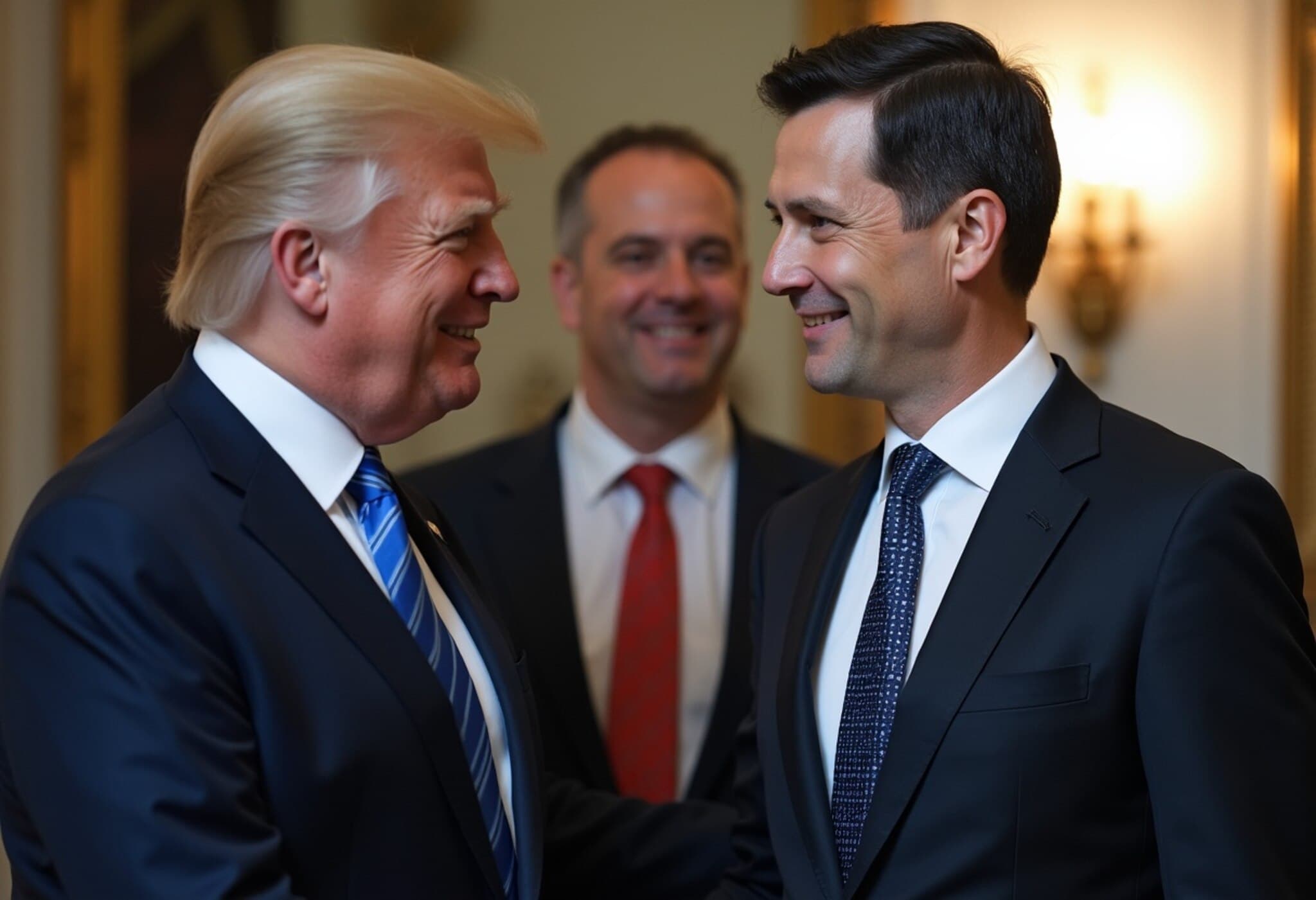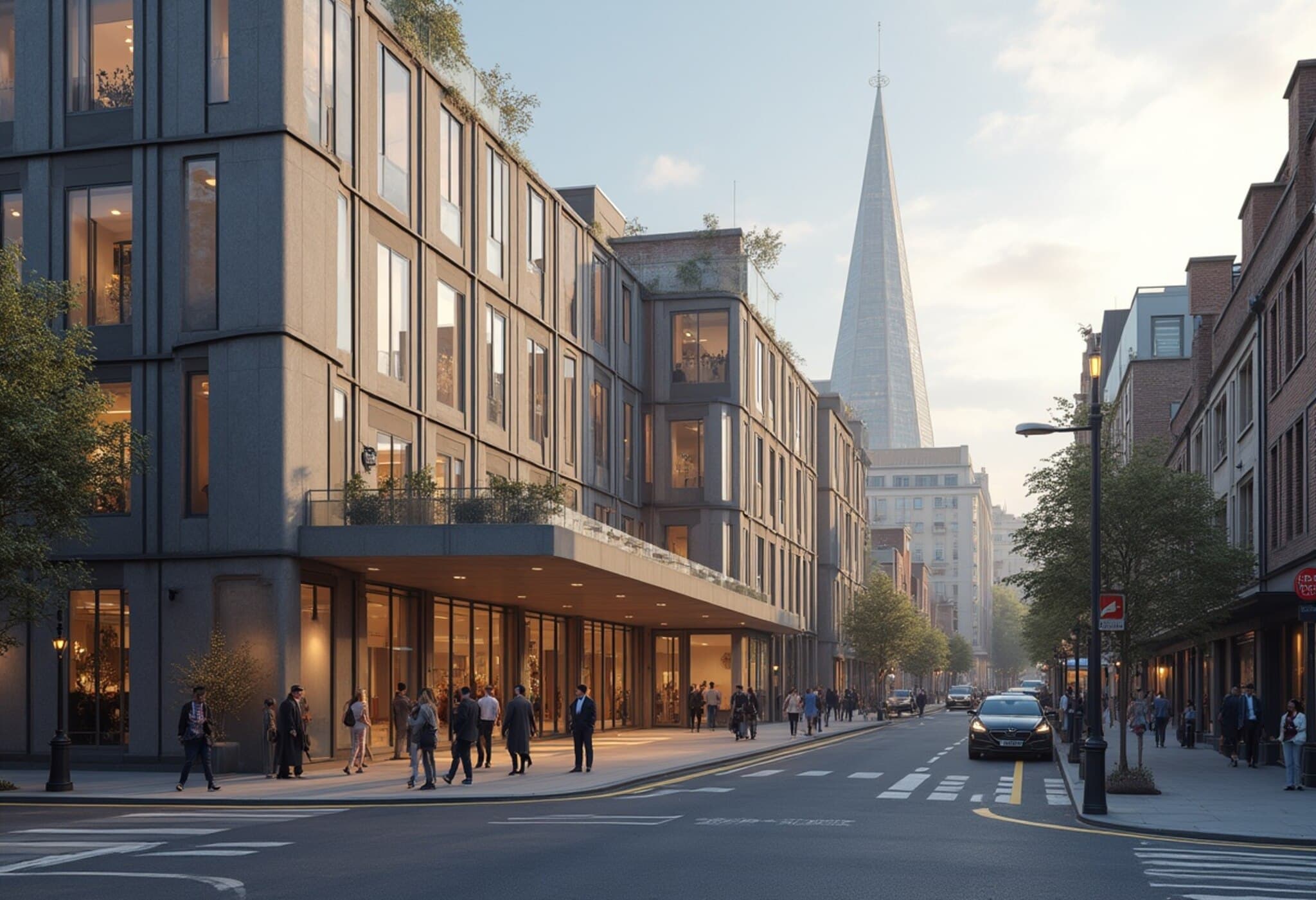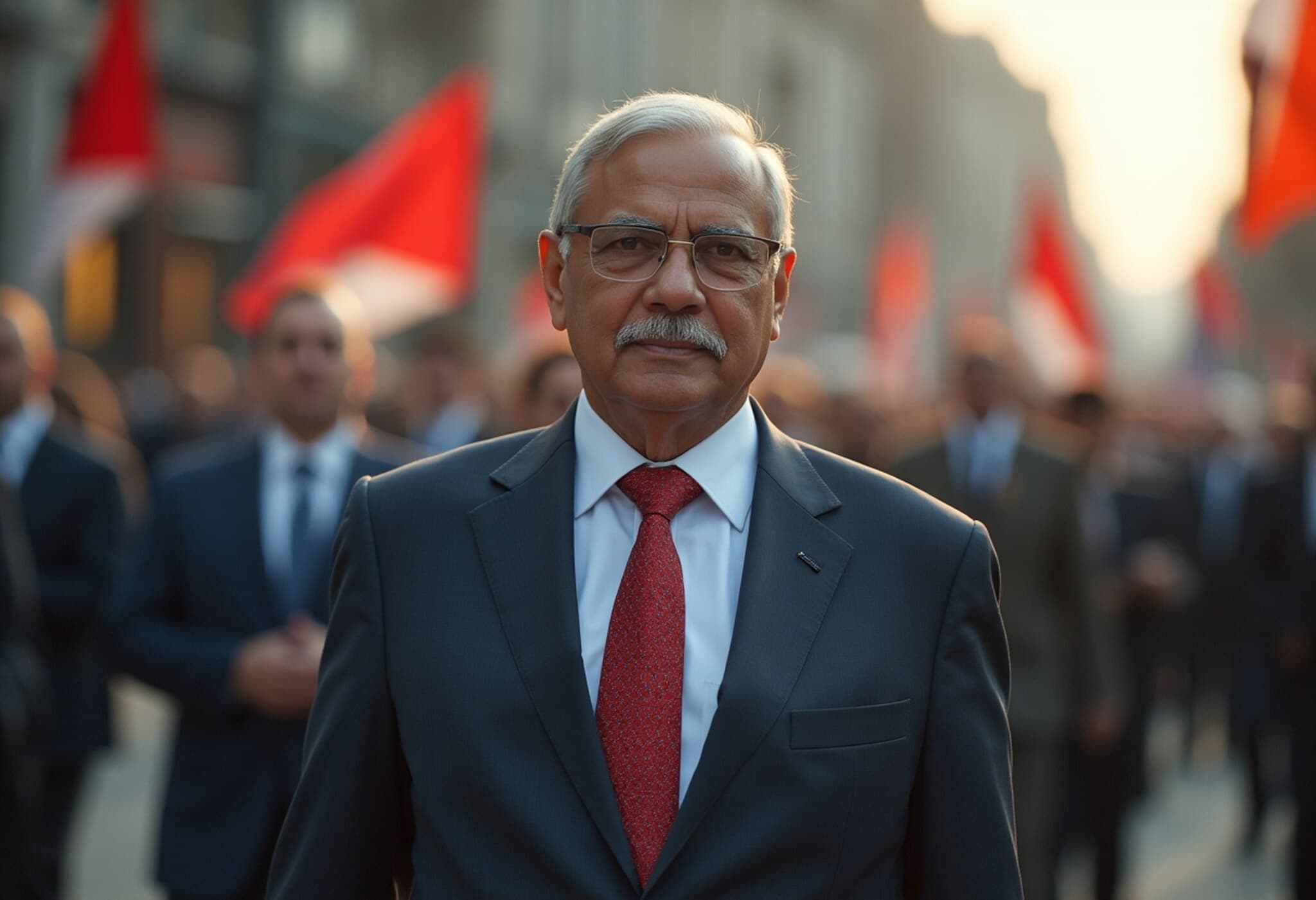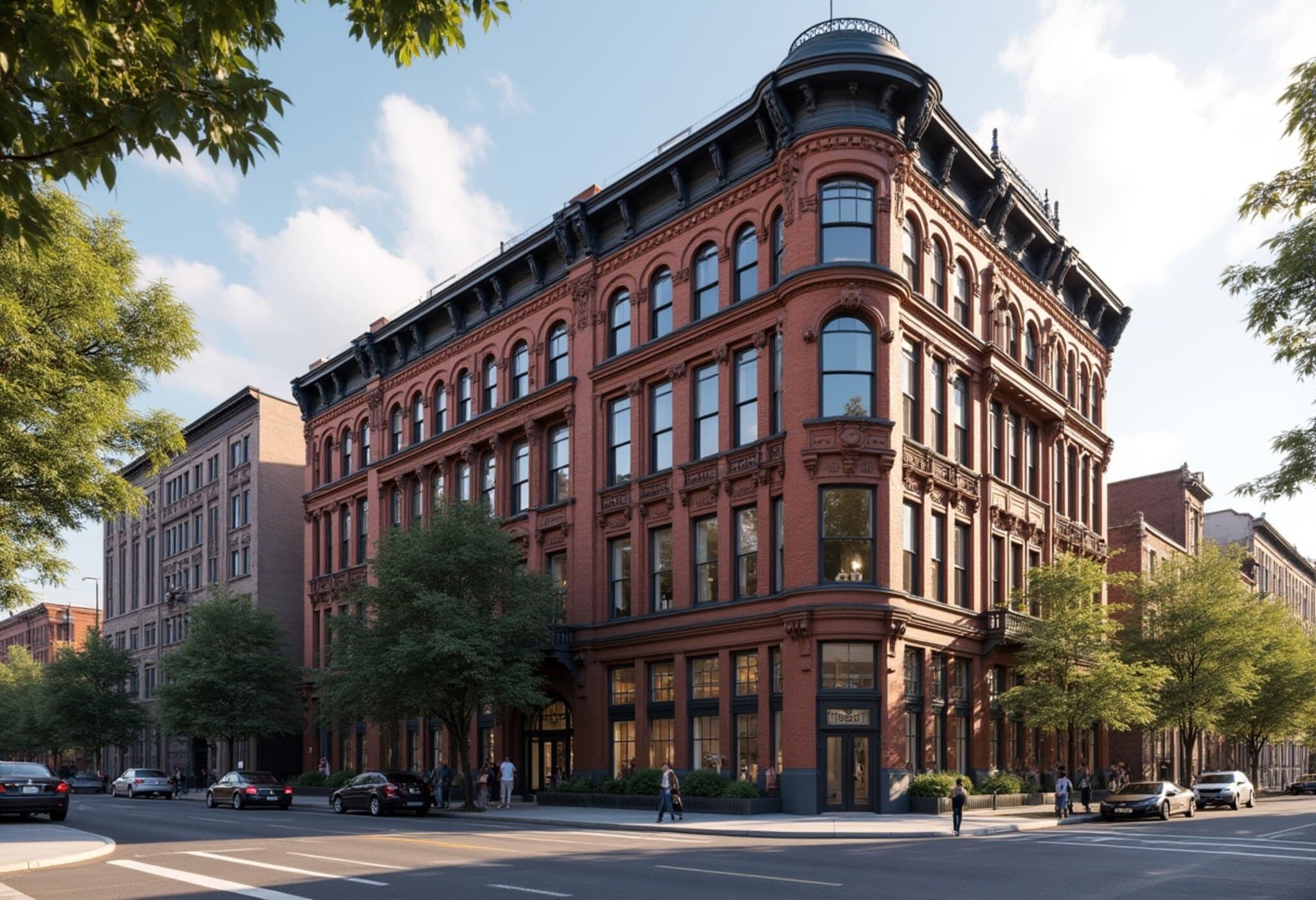Mass Arrests Mark Largest UK Protest Since Palestine Action Ban
On August 9, 2025, London witnessed its biggest protest supporting Palestine Action since the group was banned under UK anti-terror laws last month. The Metropolitan Police detained more than 200 protesters during a demonstration at Parliament Square, underscoring growing tensions between authorities and activists defending Palestine Action’s cause.
The Context Behind the Protest
Palestine Action was proscribed in July after activists reportedly trespassed on a Royal Air Force base, damaging military aircraft in protest against the UK government’s alliance with Israel. This ban criminalizes membership and support for the group, carrying sentences of up to 14 years imprisonment, a move that has sparked controversy both domestically and internationally.
Authorities vs. Organizers: Divergent Narratives
The Metropolitan Police rejected claims from protest organizers that only a small fraction of attendees were arrested. They emphasized that those visibly supporting Palestine Action – holding placards or displaying banners – were either detained or undergoing arrest procedures. The force also noted that among the crowd were bystanders who were not involved in supporting the banned group.
Reuters footage showed protesters wrapped in Palestinian keffiyehs, chanting slogans like "shame on you" and "hands off Gaza" while brandishing signs demanding an end to genocide and expressing solidarity with Palestine Action.
Legal and Human Rights Dimensions
Since the ban, arrests during demonstrations have become routine, with the UK government underscoring the group’s alleged involvement in violent incidents causing serious injuries and property damage. Nonetheless, criticism has poured in from human rights organizations like Amnesty International and Greenpeace, which argue that the ban constitutes a disproportionate restriction on free speech and peaceful protest.
- Amnesty International’s call: UK police urged to exercise restraint when arresting demonstrators expressing political views.
- Legal challenges: A court case challenging the proscription of Palestine Action is set to be heard later this year.
- International concerns: The ban has drawn rebuke from the United Nations over potential infringements on civil liberties.
'Defend Our Liberties': Protesters’ Perspective
The demonstration was organized by Defend Our Juries, a group committed to pushing back against what it calls government overreach. The organizers described the turnout as “unprecedented,” with many willing to risk arrest and imprisonment to protect democratic freedoms long cherished in Britain.
Among the attendees was psychotherapist Craig Bell, who condemned the ban as "absolutely ridiculous," comparing Palestine Action’s activities to those of violent terrorist organizations and labeling the ban as an unjust exaggeration.
Richard Bull, a wheelchair user, also voiced his resolve: "This government has gone too far. I have nothing to feel ashamed of," he said, echoing a defiant mood among protesters as police moved in.
Looking Ahead: The Broader Implications
The ongoing crackdown highlights a delicate balance between national security concerns and protecting civil liberties in a democracy. The UK’s firm stance against Palestine Action raises essential questions about how governments respond to politically charged activism that challenges state policies.
Observers note that while combating violence is crucial, ensuring space for dissent without disproportionate legal consequences remains a cornerstone of democratic governance.
Key Takeaways:
- The use of anti-terror laws to ban political groups remains contentious and could set a precedent affecting other activist organizations.
- Arrests during peaceful protests risk chilling free speech and deterring lawful dissent.
- Upcoming court challenges will test the limits of Britain’s anti-terror legislation amid increasing political activism.
Editor’s Note
This large-scale arrest operation exposes the complex intersection of national security, freedom of expression, and civil rights within the UK legal framework. While the government aims to curb what it sees as extremist actions, critics warn that broad bans and mass arrests may undermine democratic values and stifle legitimate political voices. As legal challenges unfold, the outcome will serve as a critical barometer for the UK’s commitment to balancing security with citizen rights in an era of polarized activism.

